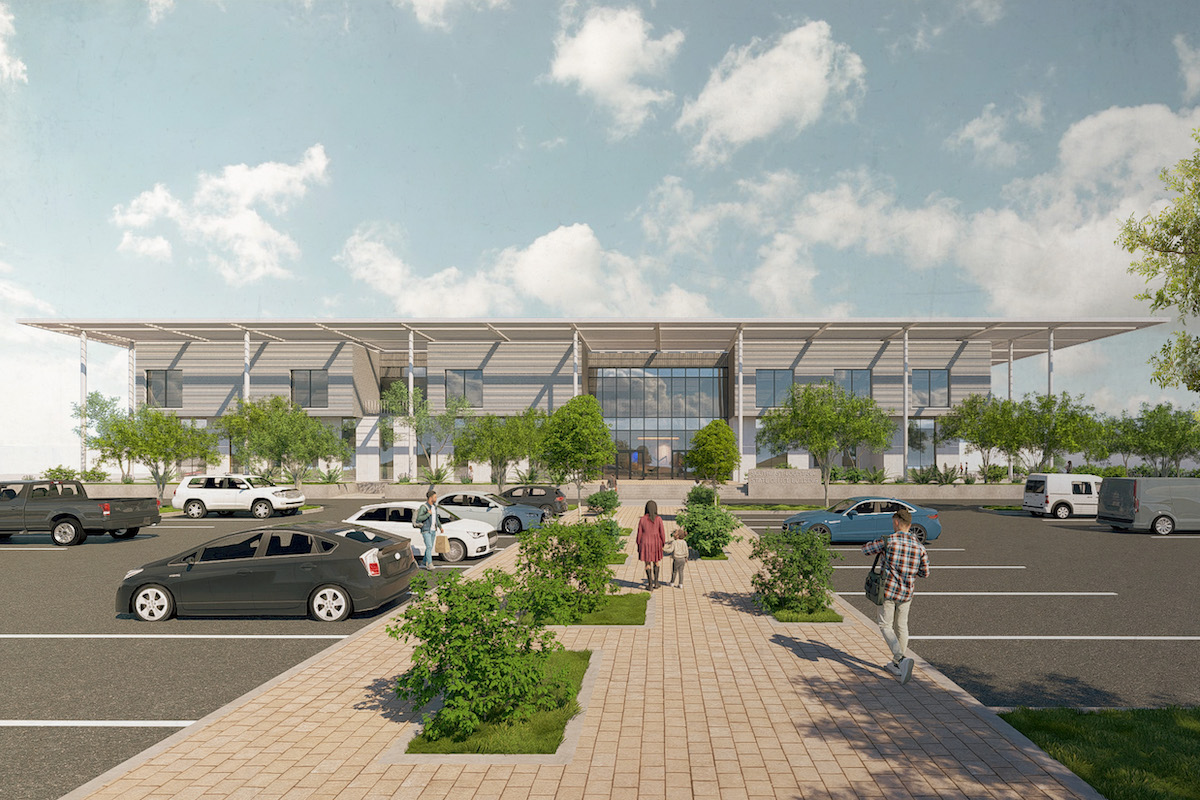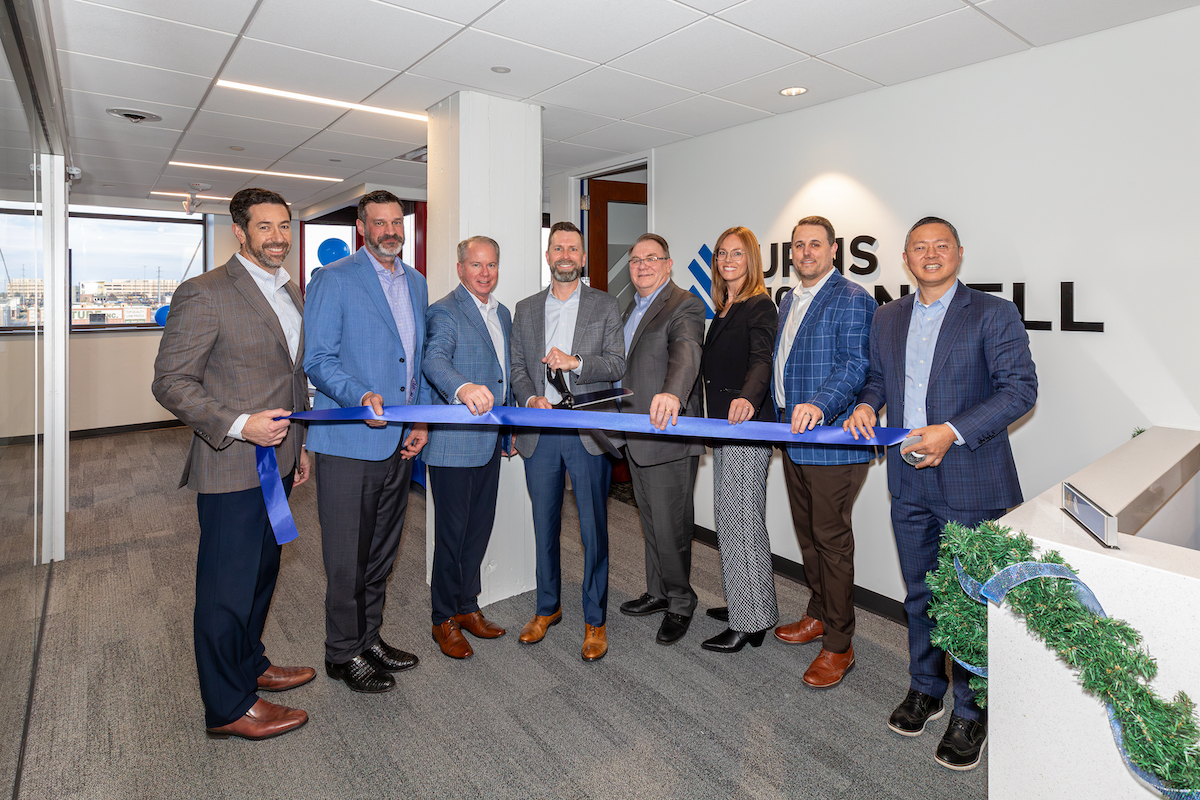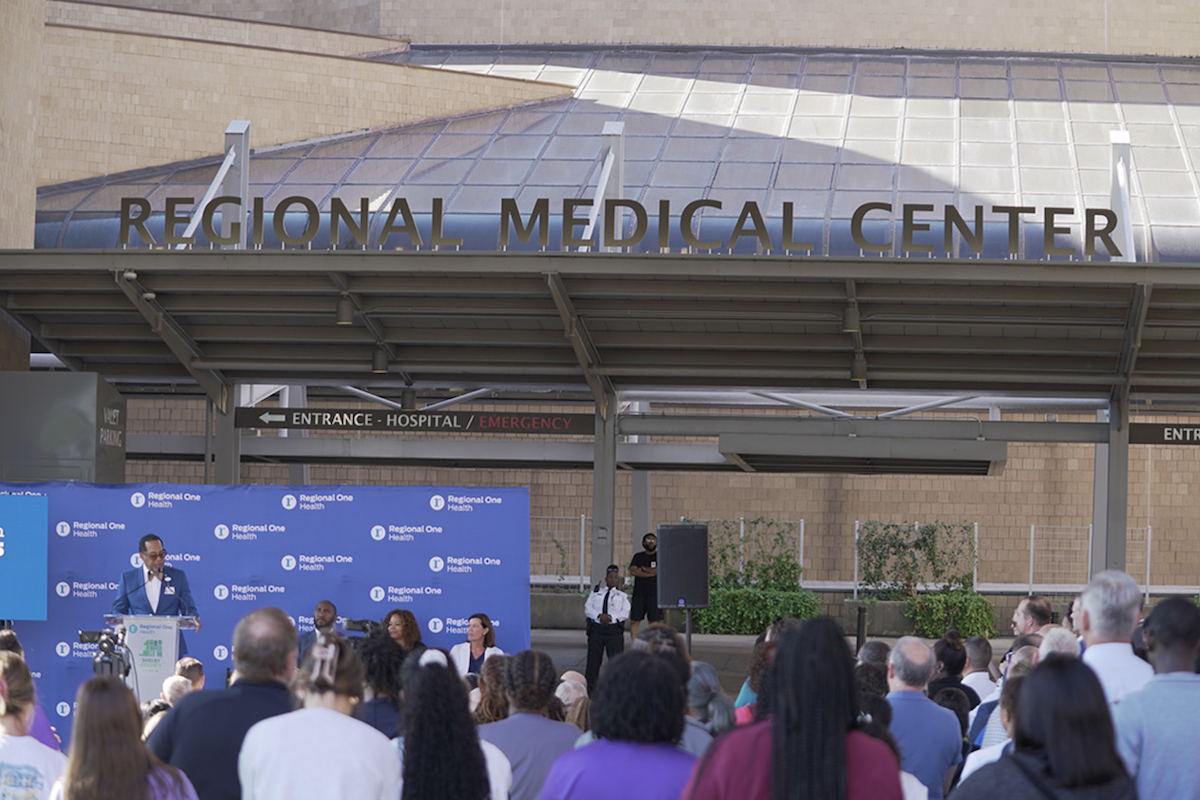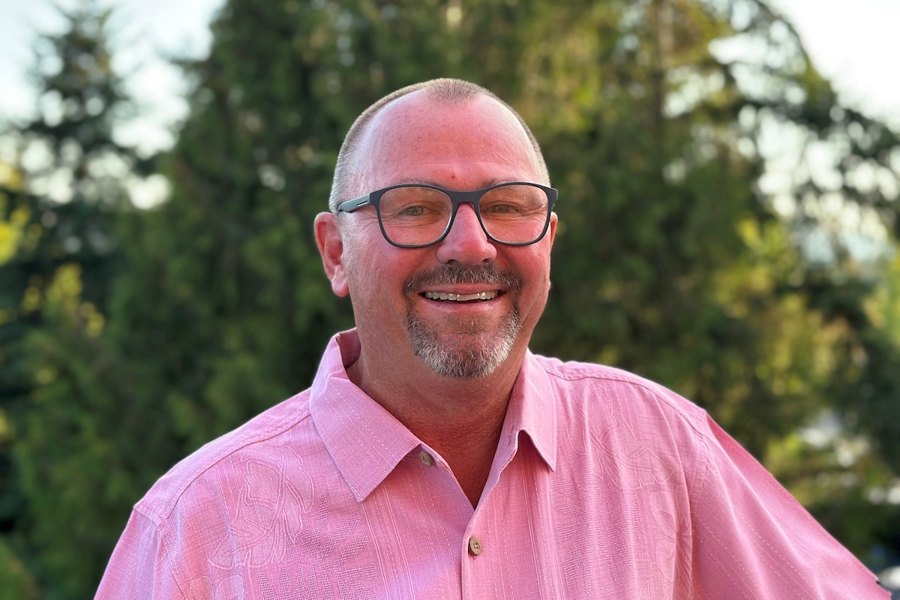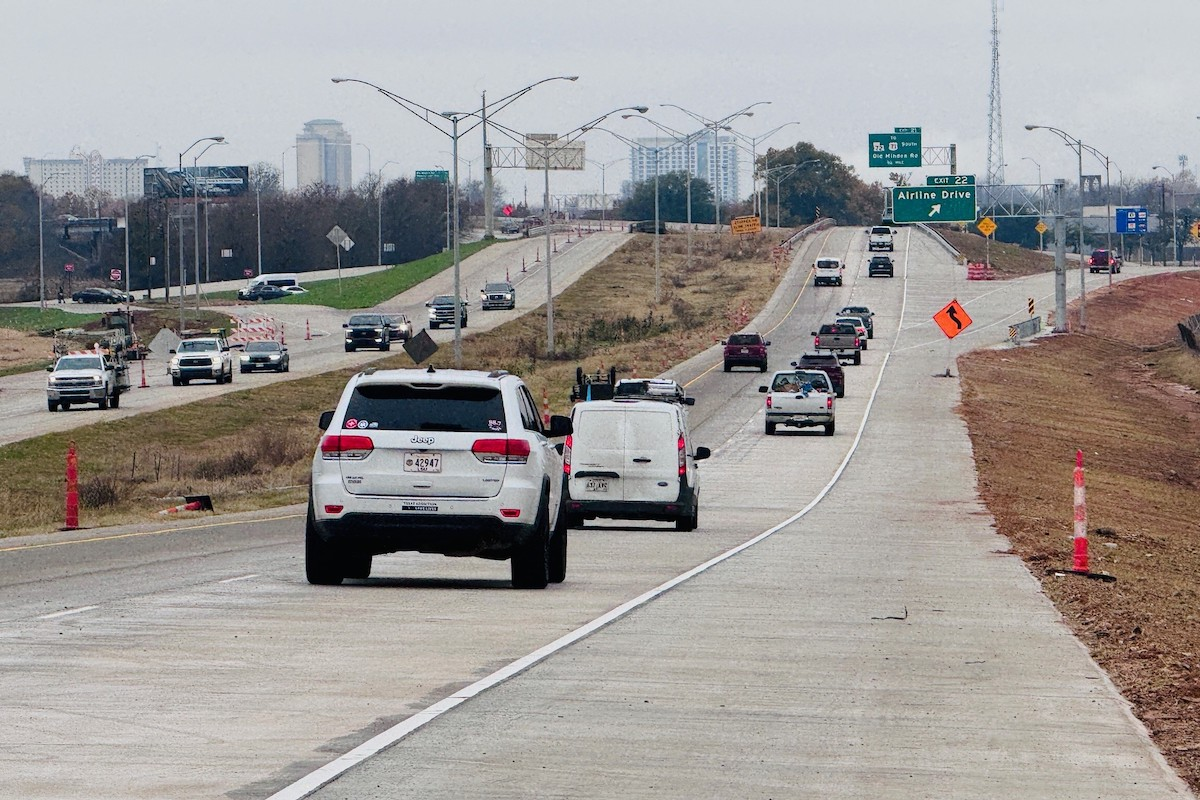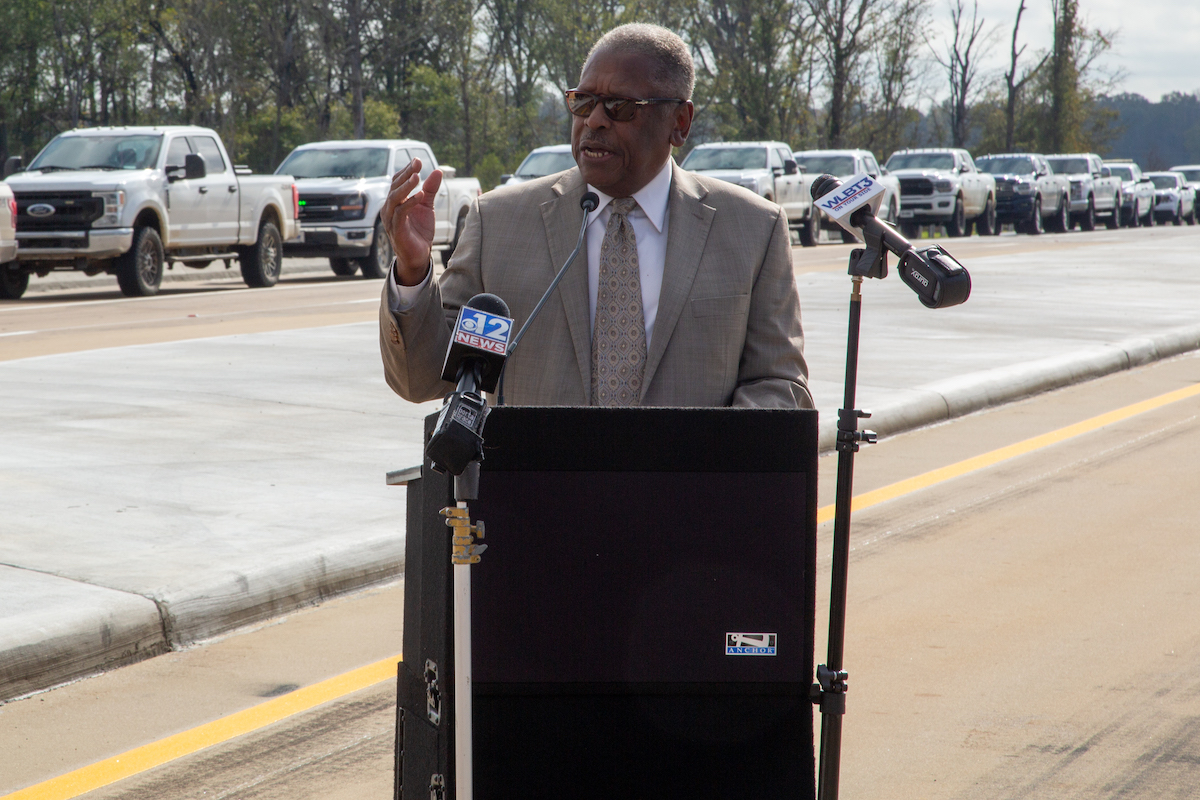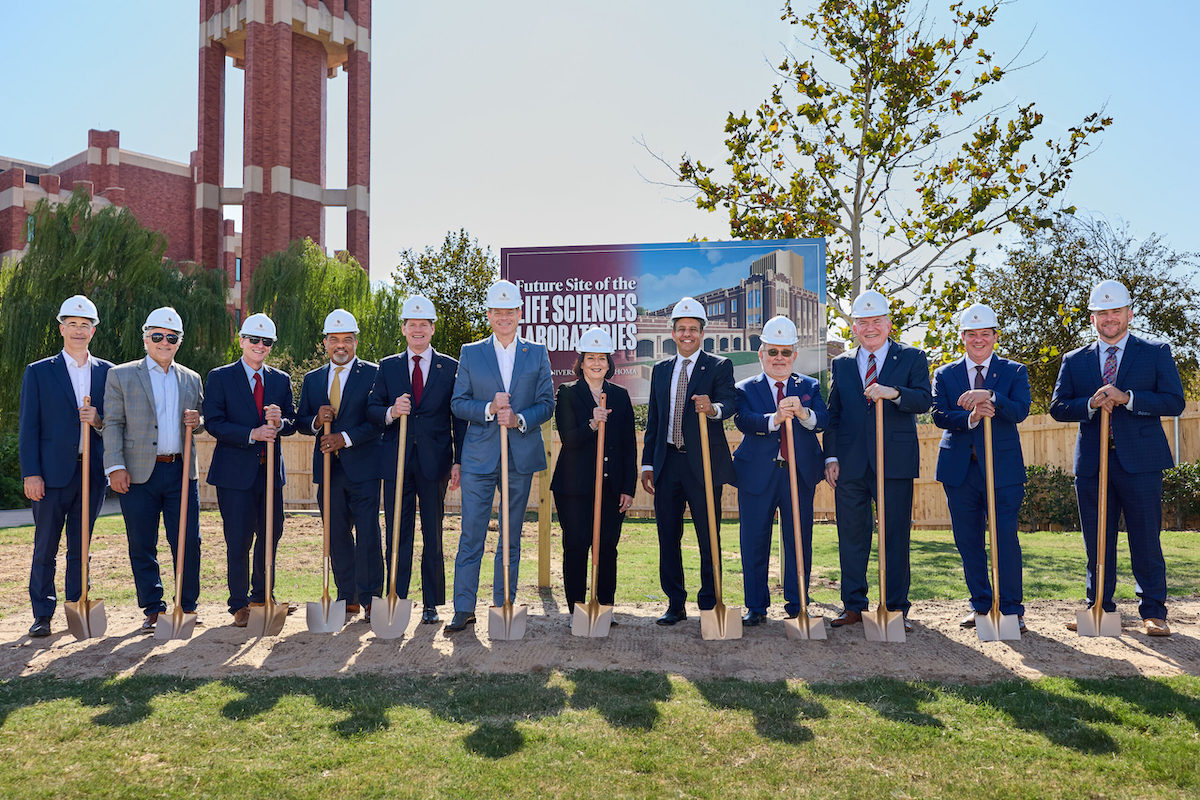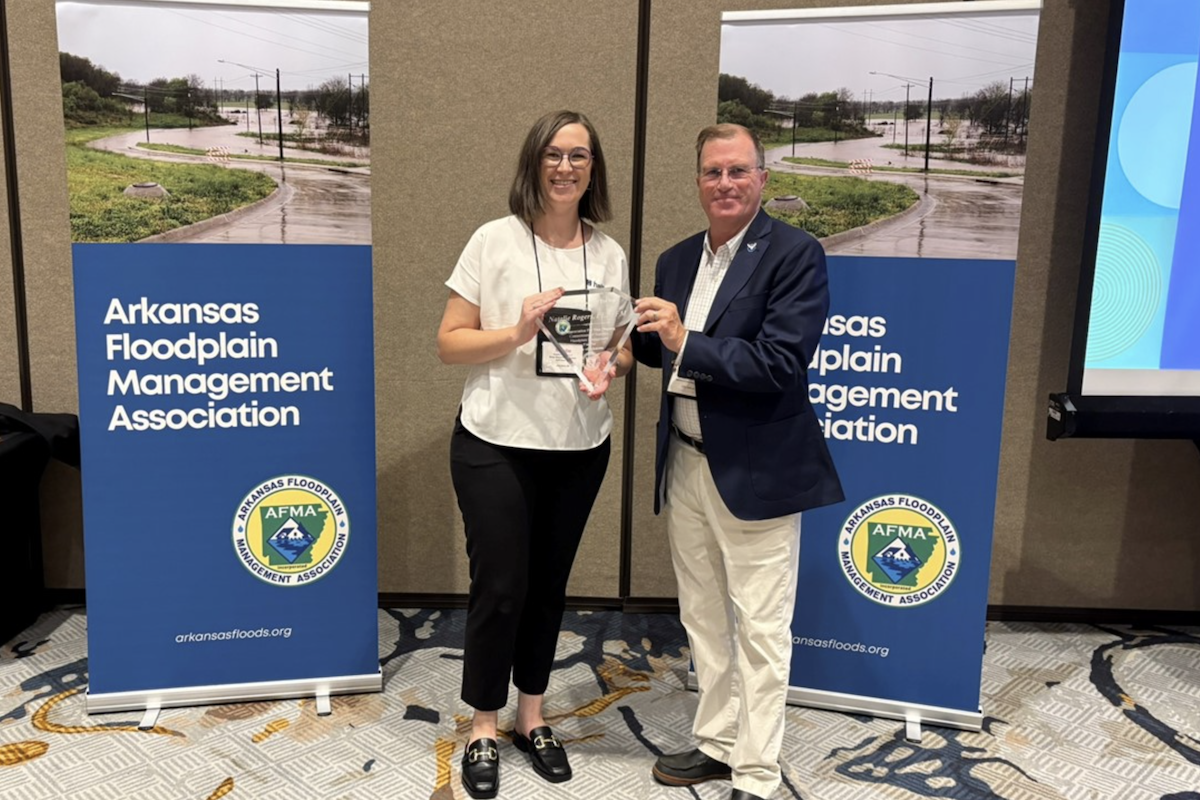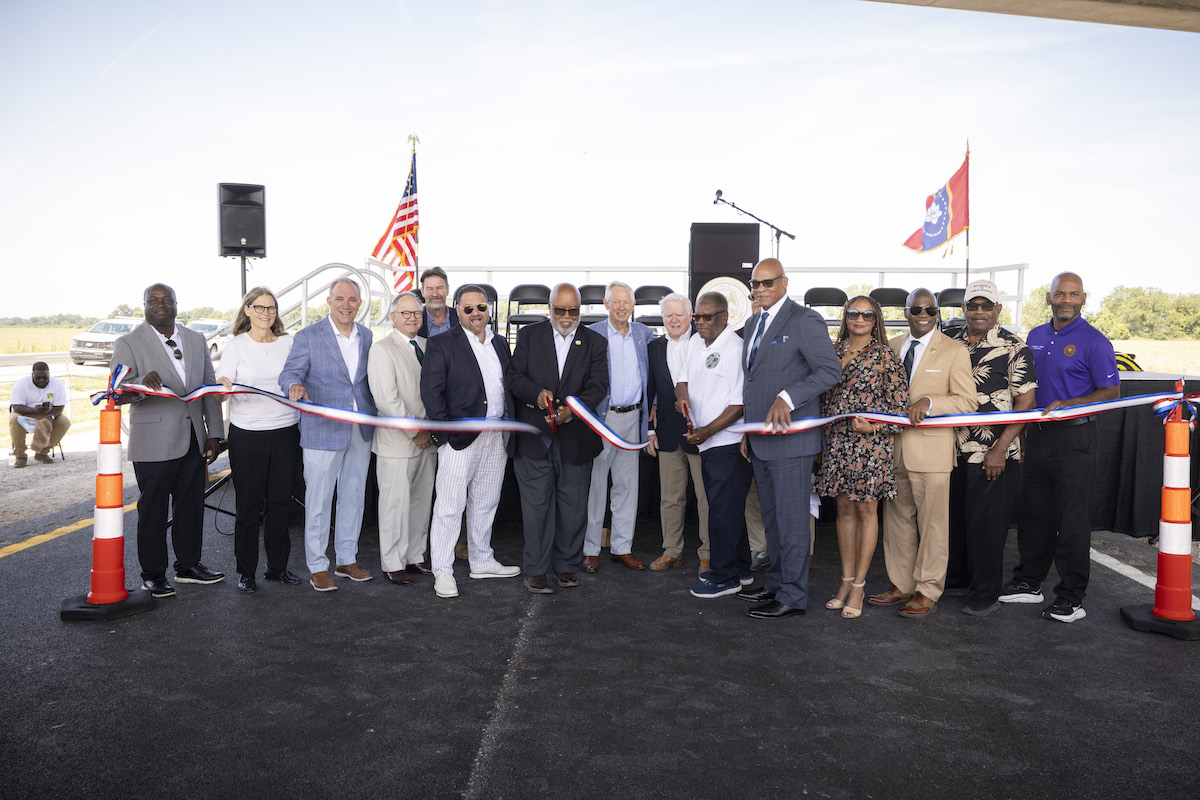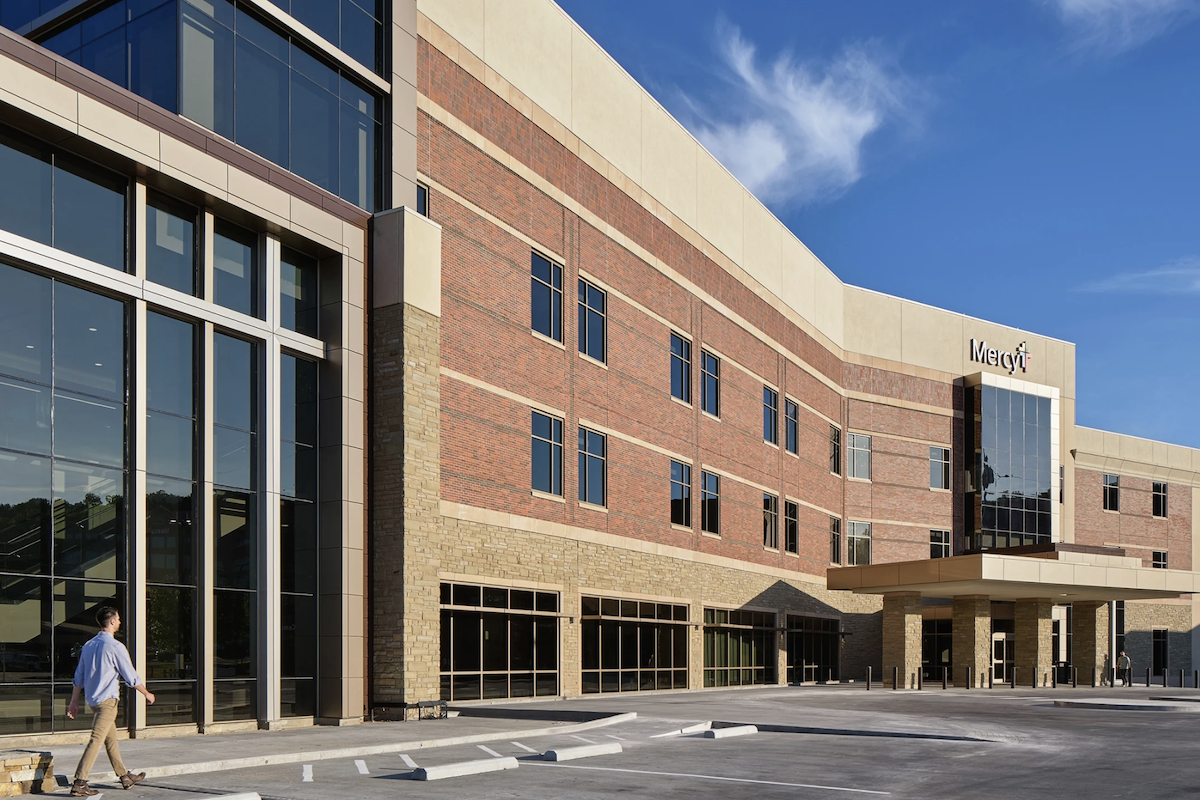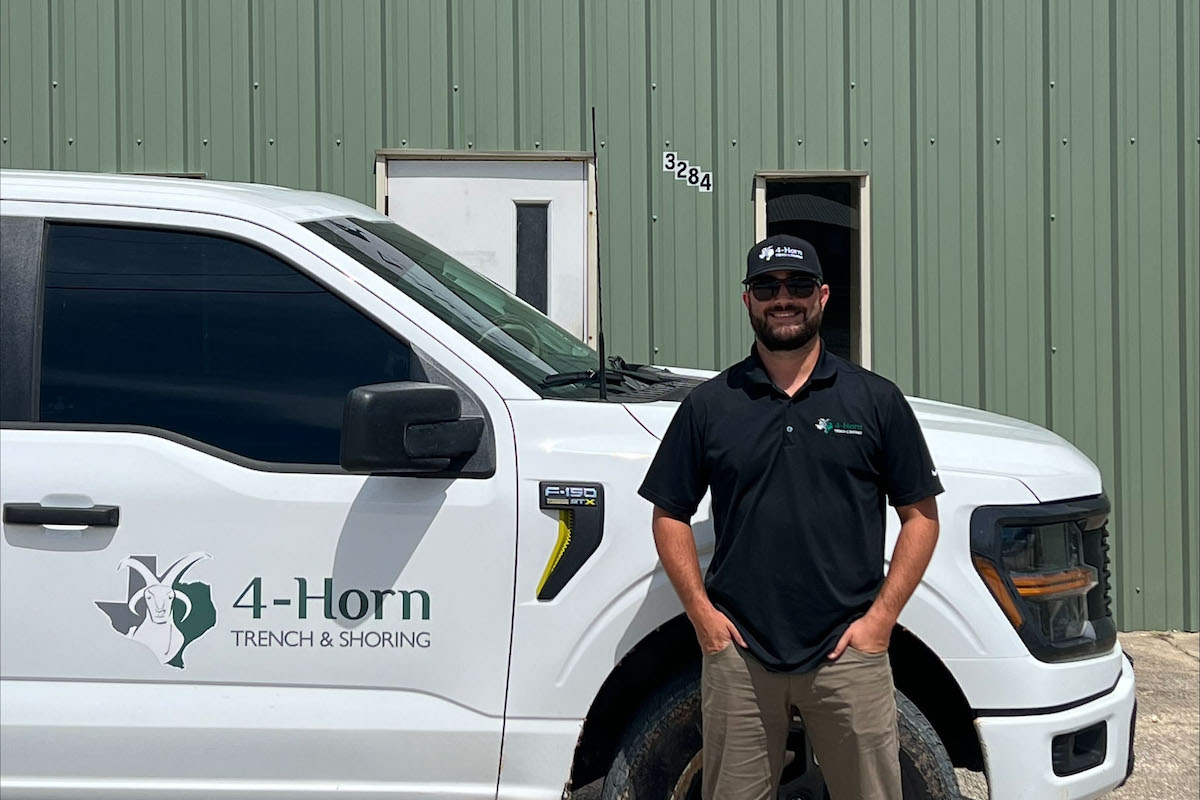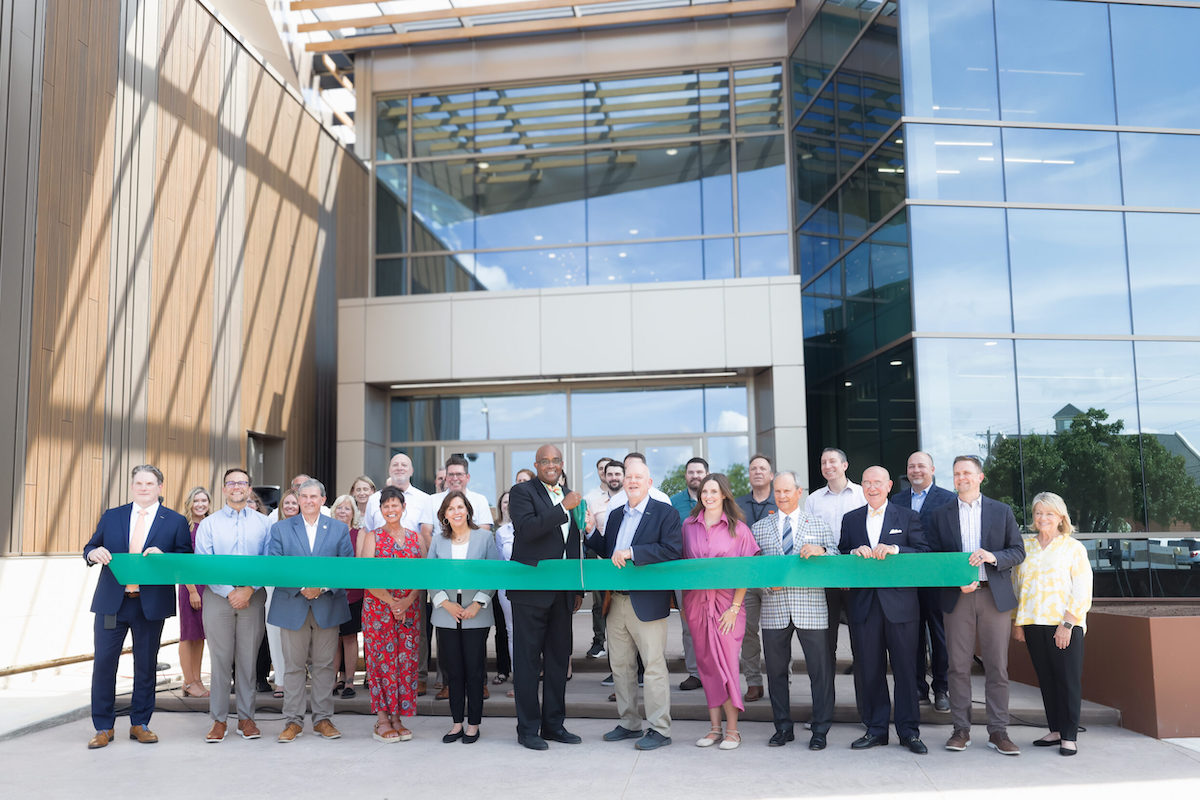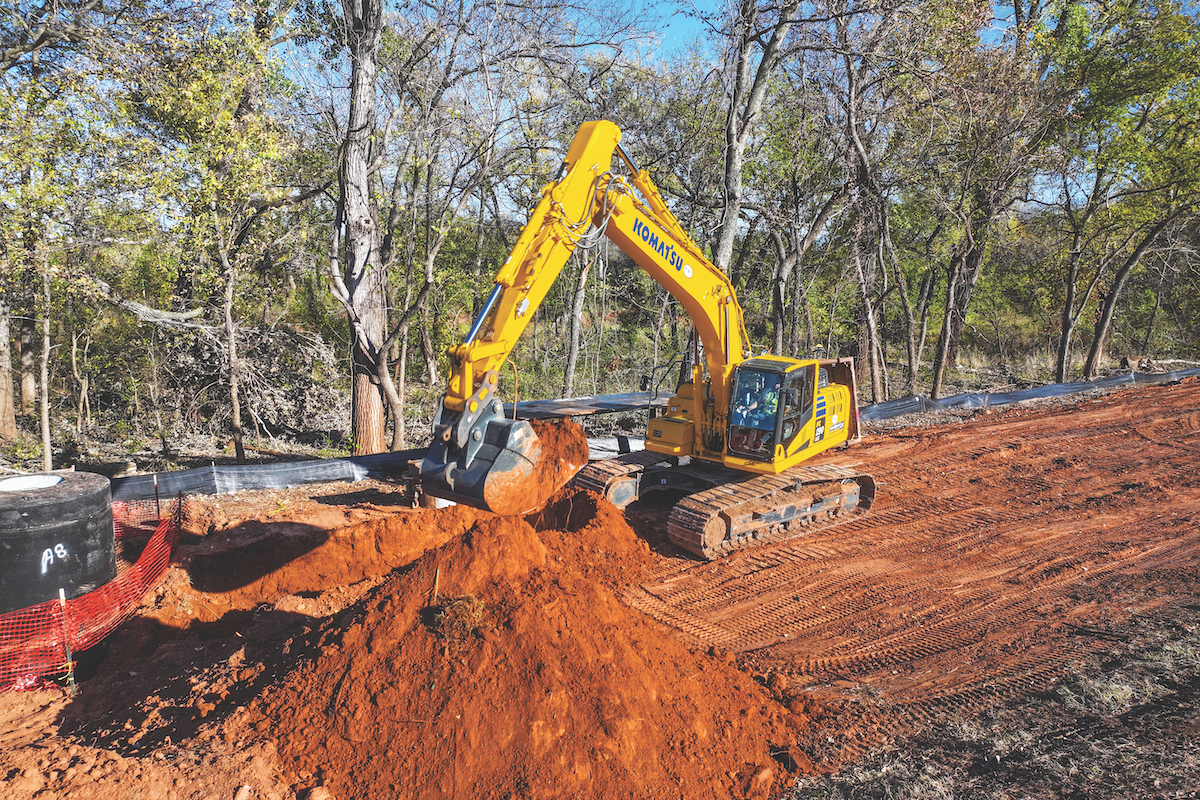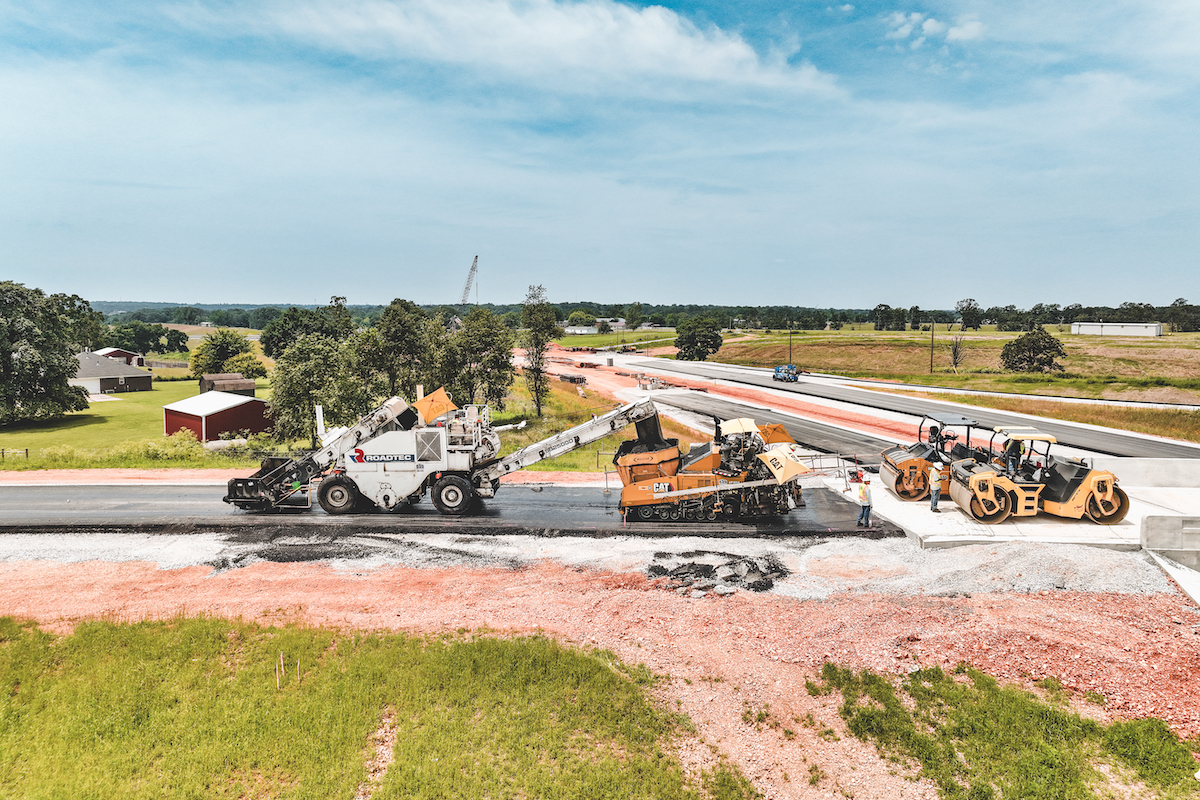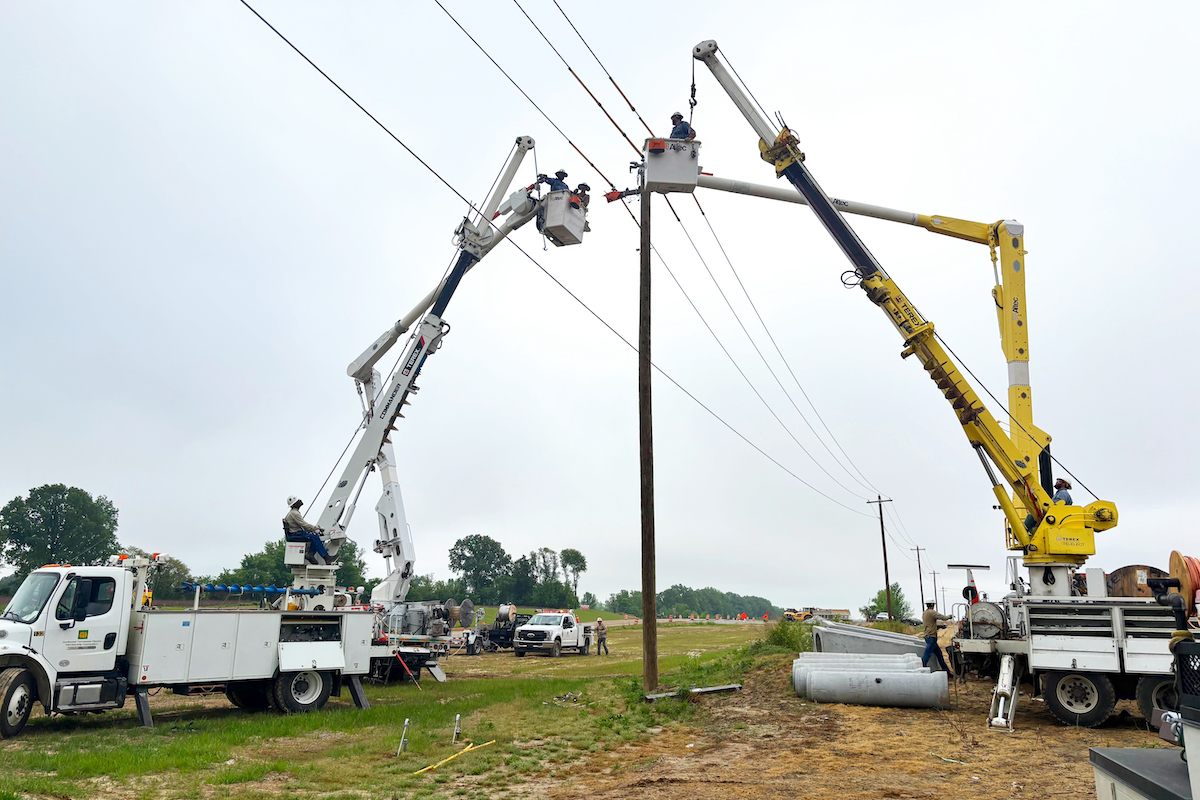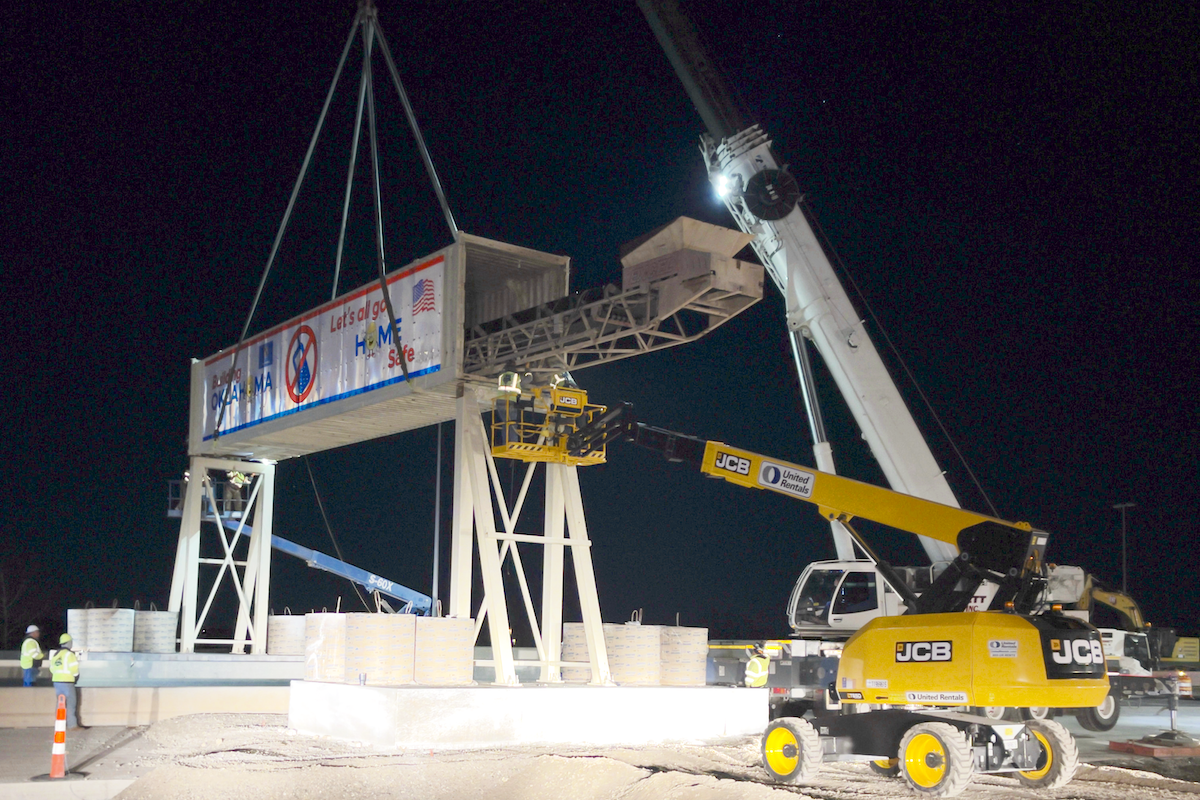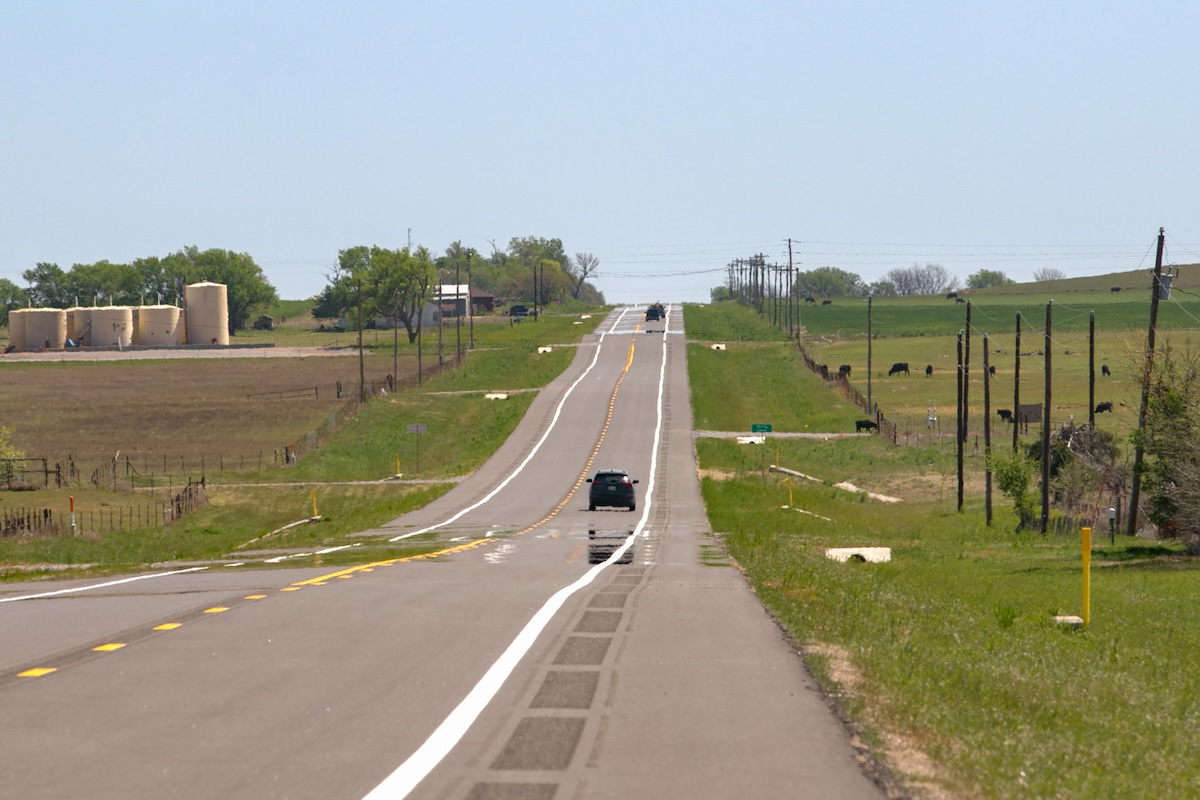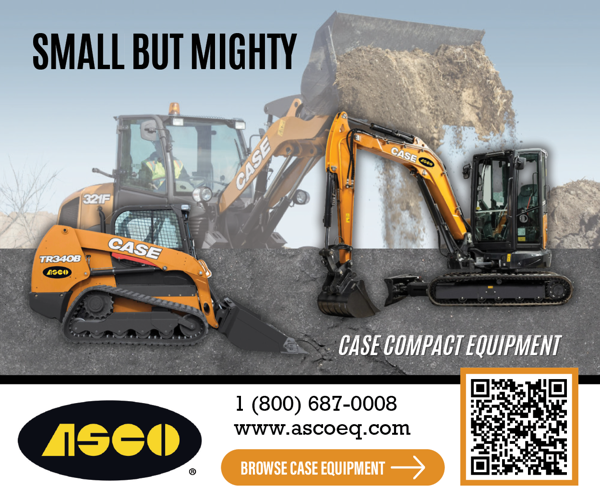“Every work unit is different,” said Bruce Kowalik, Project Manager for General Contractor Bay Ltd. of Corpus Christi. “Just when you think you’ve mastered something, the next work unit changes. It takes a lot of planning.”
Located in the heart of a busy commercial area, SH 358 – also known as South Padre Island Drive – serves as a gateway to the island. With traffic volume expected to grow more than 20 percent by 2037 and more than 1,100 crashes in the corridor the year before construction began, TxDOT undertook the improvements to increase safety and mobility.
Prior to this project, “It was mainly a three-lane operation, but the third lane was used as the merge lane between ramps,” Kowalik said. “Now the freeway will be mainly four lanes with an acceleration lane, keeping three lanes of free traffic going back to the island.”
In addition to widening eastbound mainlanes, the frontage road, and five overpasses, Bay Ltd. will relocate four ramps and reverse four others (converting the existing entrance ramps into exit ramps and vice versa) in order to give vehicles more room to maneuver in the congested corridor. The project also includes reconstructing median barrier; adding sidewalks; and improving lighting, traffic signal timing, and the Intelligent Transportation System.

| Your local Trimble dealer |
|---|
| WPI |
In 2011, Bay Ltd. completed improvements on the westbound side of the freeway. TxDOT awarded them the low-bid, eastbound SH 358 contract in September 2017 and crews began work on the four-year project in January 2018. So far, they finished the first three phases, with phases 4 and 5 scheduled for completion this summer and phase 6 scheduled to finish by the end of this year. Kowalik anticipates starting the last four phases in late 2021.
With this project, “We wanted to take a bite-size approach so the contractor could focus on the primary elements where we especially want to expedite the work,” he said. “A lot of that had to do with traffic. Wherever the work included ramps, we usually built an incentive into the plans that pushed the contractor to move quicker on those units.”
In other areas of the project, “TxDOT included some flexibility for the contractor,” Kowalik said. “There are clauses in their sequencing instructions saying we can start another unit if we have the manpower, but we need to finish it before a certain phase. For instance, if we got done with the retaining walls in one location but still had a little bit of bridge work, our retaining wall crews could go work on the next structure.”
Although most of the work in the spring centered in phases 5B to 6A, crews also worked on a bridge from an earlier phase.
“The sequence of construction would tell you that bridge is in phase 4, but there was a note that we could start it in 5B instead,” Kowalik said. “Because that’s a main intersection, we didn’t want to start it during the Thanksgiving and Christmas holidays. We still had a lot of other work to do, so we scheduled the big items with more traffic impacts when it wasn’t a holiday season.”

| Your local Wirtgen America dealer |
|---|
| Kirby-Smith Machinery |
The flexibility in phasing allows Bay Ltd. to speed up the project. “We jumped ahead to try and knock out some of the smaller units, so we’re a little ahead of schedule,” Kowalik said.
“The existing bridges weren’t connected in the middle,” Kowalik explained. “There was a barrier and a void of four to six inches between two independent bridges. We had to demolish the bridges down to the middle of the inside beam then reconstruct them as one connected structure.”
After that, traffic shifted to the center where the gaps between bridges used to be. Crews then added 14 feet to the outside of each structure to accommodate the freeway’s new lane.
To speed up the work, each bridge includes galvanized, permanent metal decking.
“We screwed those in between the beams, then after we poured the deck, we didn’t have to go back and remove them,” Kowalik said. “If we’d used traditional decking, we would’ve needed to close more lanes and take more time.”

| Your local Komatsu America Corp dealer |
|---|
| Kirby-Smith Machinery |
| WPI |
“We do a lot of freeway closures at night to move barrier,” Kowalik said. “Since there are so many work units, we need to move barrier a lot.”
In order to plan ahead for the differing conditions of each work unit, Kowalik has the surveyor place points on the ground where barrier will land in future phases.
“On some of the frontage road work, we had a lot of room,” he said. “At another location, the traffic barrier is on top of the curb. When we can only work in a little area, that creates a challenge for putting gravel in the walls and bringing in base. Sometimes we need to use smaller trucks instead of big belly dumps so the trucks can get out. Sometimes the trucks have to back out instead of turning around.”
Crews encountered one of those unknowns when they demolished an existing retaining wall. “We discovered a drill shaft behind it,” Kowalik said. “The proposed drill shaft for the new abutment was supposed to be 36 inches, but the existing shaft behind the wall got in the way of the proposed shaft, so TxDOT had to do a redesign.”
Once they discovered that drill shaft, they expected the same issue at structures in the next phase and planned ahead.

| Your local Bomag Americas dealer |
|---|
| WPI |
“Because the bridges were widened sequentially, we partnered with the contractor to do more exploratory excavation and digging on the other bridges,” Longoria said. “That allowed us enough time to design around the existing drill shafts without impacting the contractor’s schedule.”
Crews encountered another surprise – unexpectedly wet subgrade from a water table – in reconstructing the eastbound lanes.
“The most economical solution was to excavate the unsuitable material and replace it with reclaim asphalt,” Longoria said. “We thought about lime treating the underlying material to help with the saturation, but that would be really expensive and the application could be a hindrance to traffic since we have such close quarters with motorists.”
Accelerated construction helps offset the project’s unexpected challenges. In addition to the permanent metal bridge decking, the contractor uses a slip form paving machine for the freeway’s new center median rail.
“They’re able to knock out of a lot of it in one night,” Longoria said. “A concrete truck dumps material on one side of the paver, and the machine uses stringline and grade control as it moves through the corridor. The concrete is dry enough, with a really low slump, so it can be shaped and installed without forms.”

| Your local Hitachi dealer |
|---|
| CLM Equipment Co |
| ASCO Equipment |
With the combined acceleration opportunities provided by equipment, materials, and phasing, Bay Ltd. remains a couple months ahead of the project’s original schedule, expecting to finish in early spring 2022.
















